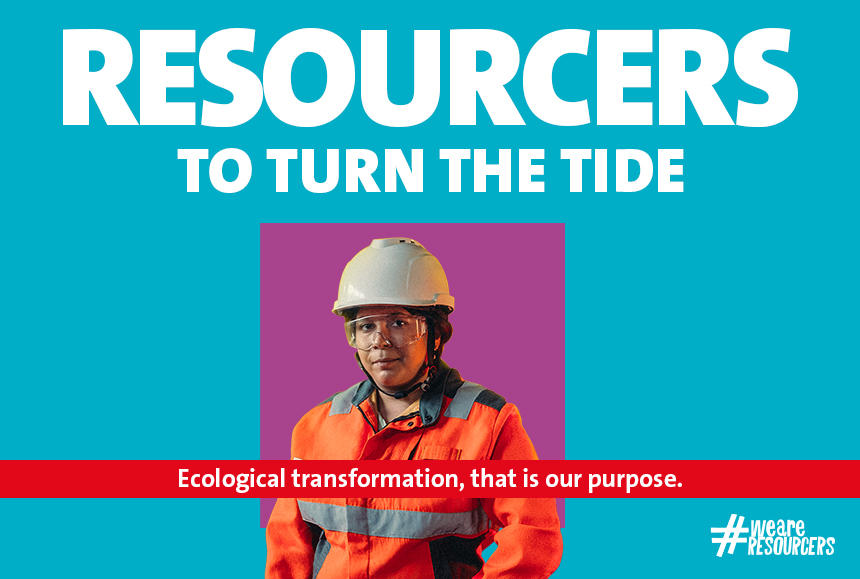The technologies and solutions that Veolia has developed to transform waste into energy provide sustainable, competitive and effective responses to the energy transition challenges facing local authorities and manufacturers.
Green local energy with biomass
A recharging point for electric vehicles, powered by renewable energy generated from locally collected organic waste: this scenario is real, and an innovative response to the challenges of the energy transition. Biomass, which includes all transformable organic matter of animal or vegetable origin, is undoubtedly a major – carbon neutral – resource for generating renewable energy.
Veolia helps local authorities and manufacturers to introduce or use more of this source in their energy mix, collecting and recovering different types of biomass. At the same time, the Group is a major player in cogeneration, which produces thermal and electrical energy simultaneously from a single energy source such as biomass, making towns less polluting and less dependent on fossil fuels.

Real-world examples
• In GERMANY, Veolia is supporting a district in the town of Brunswick with the installation of a biomass cogeneration plant. The “green” electricity and heating it provides can supply more than 56,000 apartments and numerous businesses in the town.
14 to 28%
lower CO2 emissions from cogeneration plants compared with gas, oil or coal-powered facilities
More than 500
Veolia projects worldwide using biomass
A multifaceted performance
creating high-impact solutions for all
Ecological transformation also means looking beyond economic and financial performance alone to work on environmental, social, commercial and human resources performance. Multifaceted performance means achieving the perfect balance between all these factors, which for us form an indivisible whole.

Our human resources performance
Business expertise and developing know-how

Our social
performance
Developing organic farming; generating clean energy; creating local jobs

Our environmental
performance
Meeting compliance requirements; smaller environmental footprint; energy and agronomic reclamation

Our commercial
performance
Optimizing energy consumption and operating costs

Our economic and financial performance
Revenue growth and increased investment capacity
To go further
Our other actions
Also to discover















